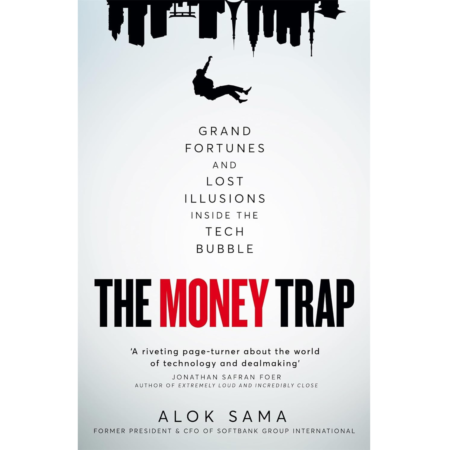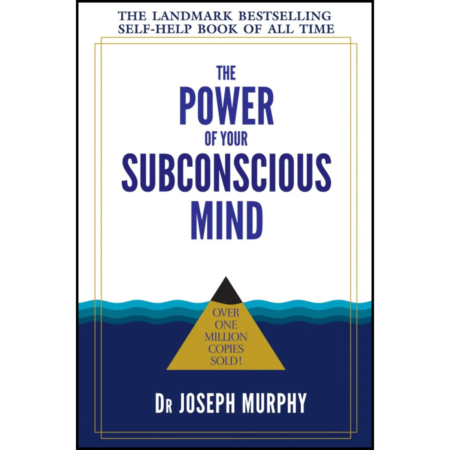-
-53%

-
-70%

The monk who sold his ferrari
0Original price was: ₹399.00.₹119.00Current price is: ₹119.00.A renowned inspirational fiction, The Monk Who Sold His Ferrari is a revealing story that offers the readers a simple yet profound way to live life. The plot of this story revolves around Julian Mantle, a lawyer who has made his fortune and name in the profession. A sudden heart-attack creates havoc in the successful lawyer?s life. Jolted by the sudden onset of the illness, his practice comes to a standstill. He ponders over material success being worth it all, renounces all of it and leaves for India. A visit to India about a spiritual awakening that opens up new vistas and Julian begins to view life in a different perspective. He decides to live his life once again but in a way that is much more fulfilling and meaningful than before. In the book, the reader goes through a spiritual journey and into a very old culture that has gathered much wisdom over the millennia.
-
-68%

The mountain is you
0Original price was: ₹399.00.₹129.00Current price is: ₹129.00.This is a book about self-sabotage. Why we do it, when we do it, and how to stop doing it—for good. Coexisting but conflicting needs create self-sabotaging behaviors. This is why we resist efforts to change, often until they feel completely futile.
-
-64%

The power of habit
0Original price was: ₹399.00.₹145.00Current price is: ₹145.00.Takes you to the edge of scientific discoveries that explain why habits exist and how they can be changed. This book brings to life a whole new understanding of human nature and its potential for transformation. It shows, by harnessing this science, we can transform our businesses, our communities, and our lives.
-
-55%

-
-53%

-
-70%

-
-50%

-
-68%

The psychology of money
1Original price was: ₹299.00.₹95.00Current price is: ₹95.00.The Psychology of Money is a collection of short stories exploring the strange ways people think about money. The author presents related biases, flaws, behaviors, and attitudes that affect one’s financial outcomes and shows how one’s psychology can work for and against them
-
-58%

-
-55%

-
-68%

The subtle art of not giving a f*ck
0Original price was: ₹299.00.₹95.00Current price is: ₹95.00.The Subtle Art of Not Giving a F*ck argues that individuals should seek to find meaning through what they find to be important and only engage in values that they can control. Values (such as popularity) that are not under a person’s control are, according to the book, ‘bad values’.



